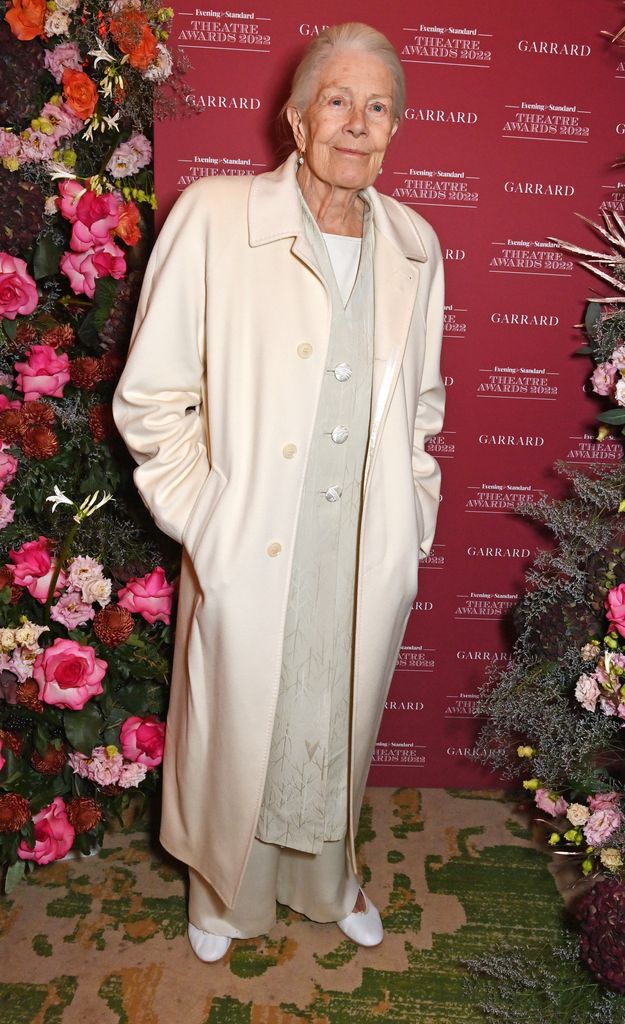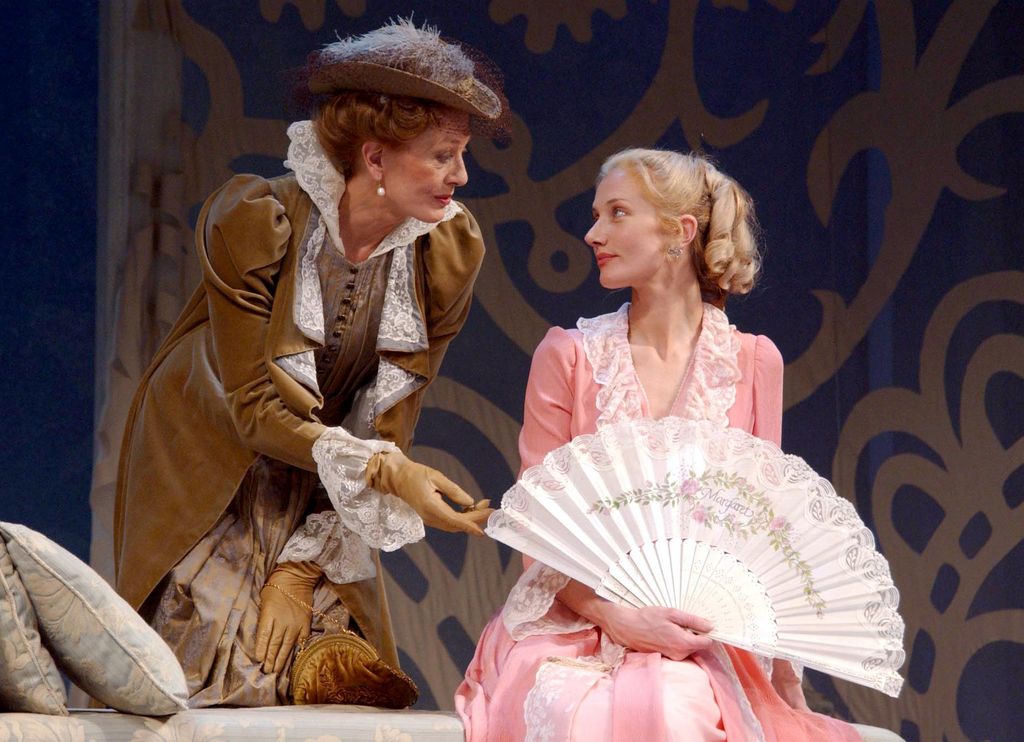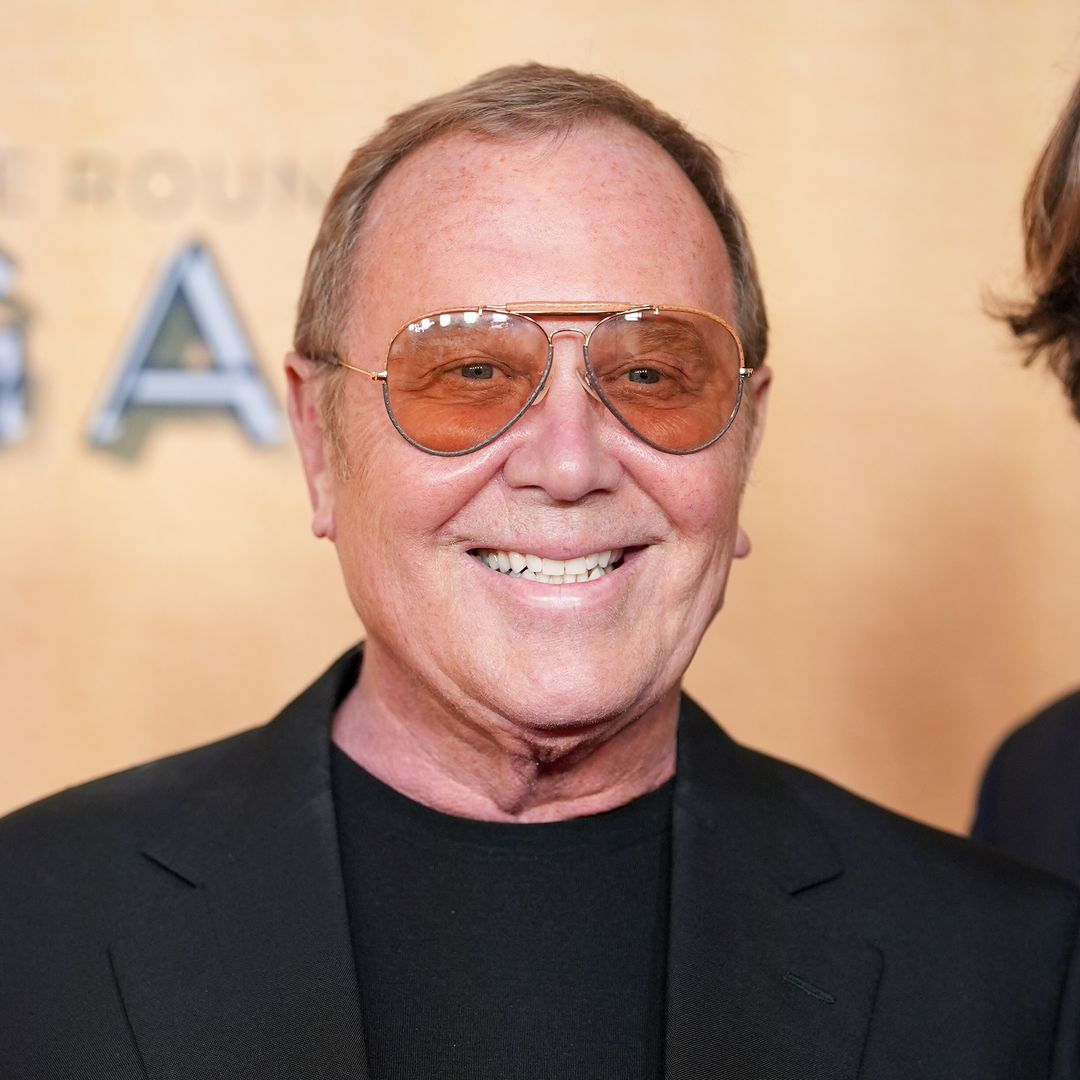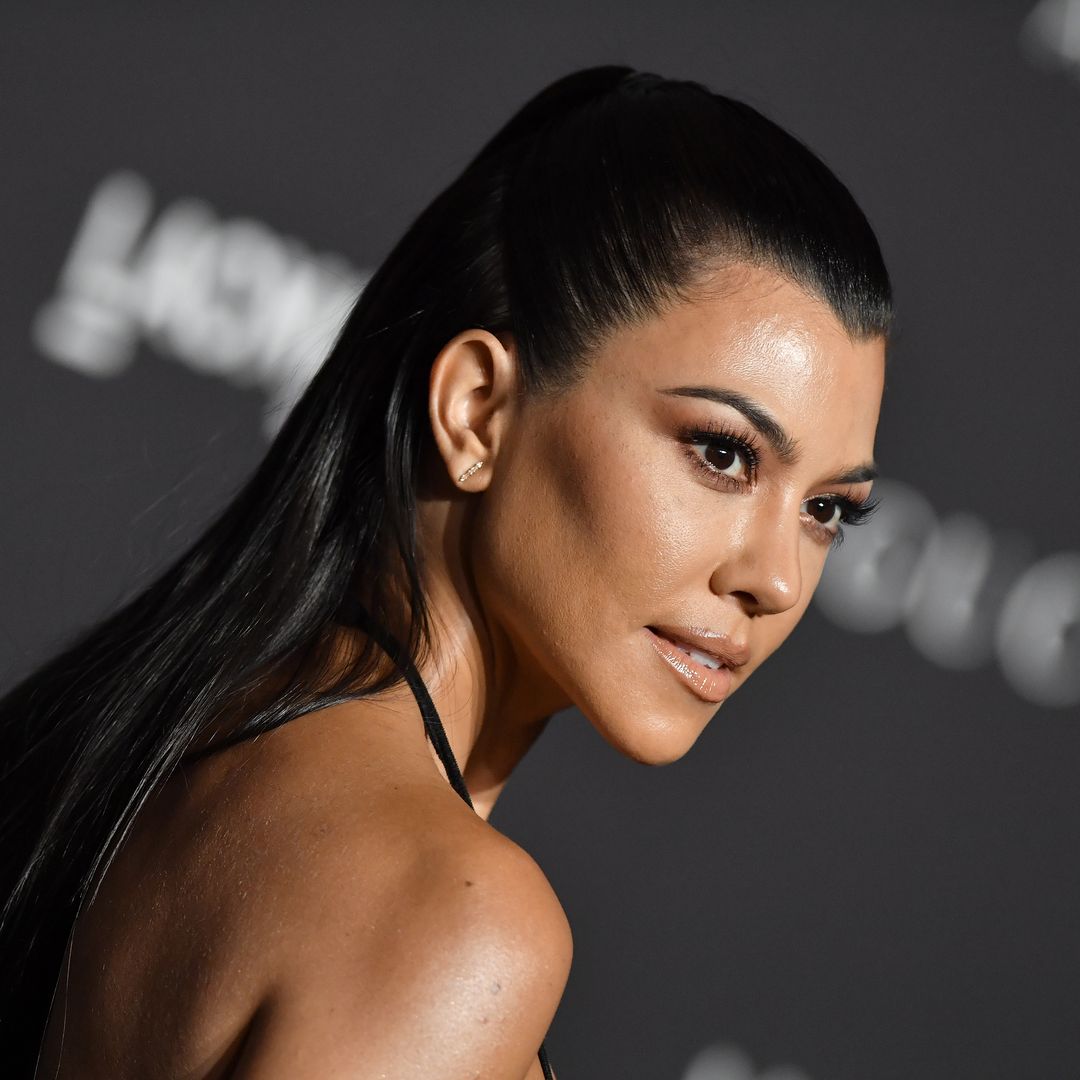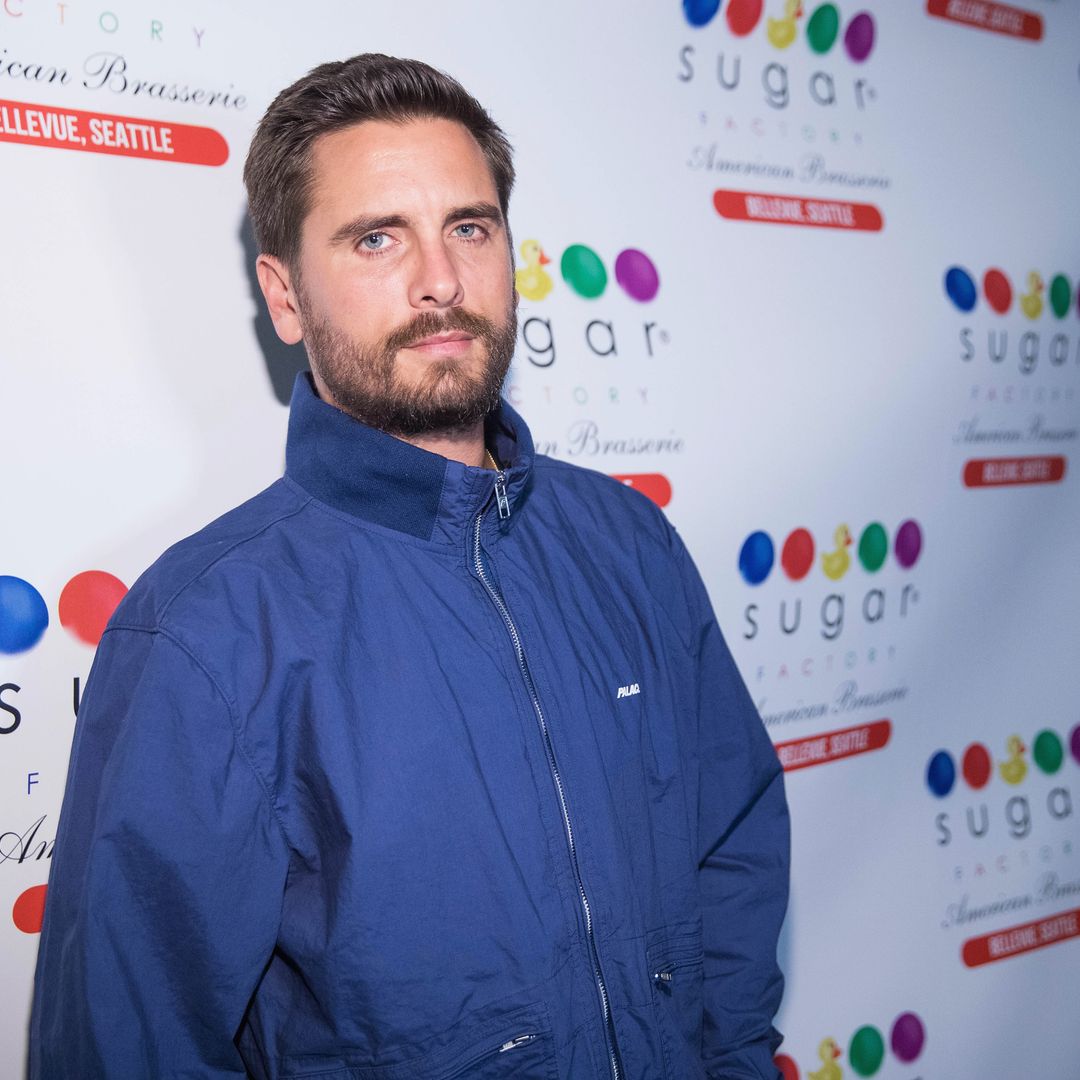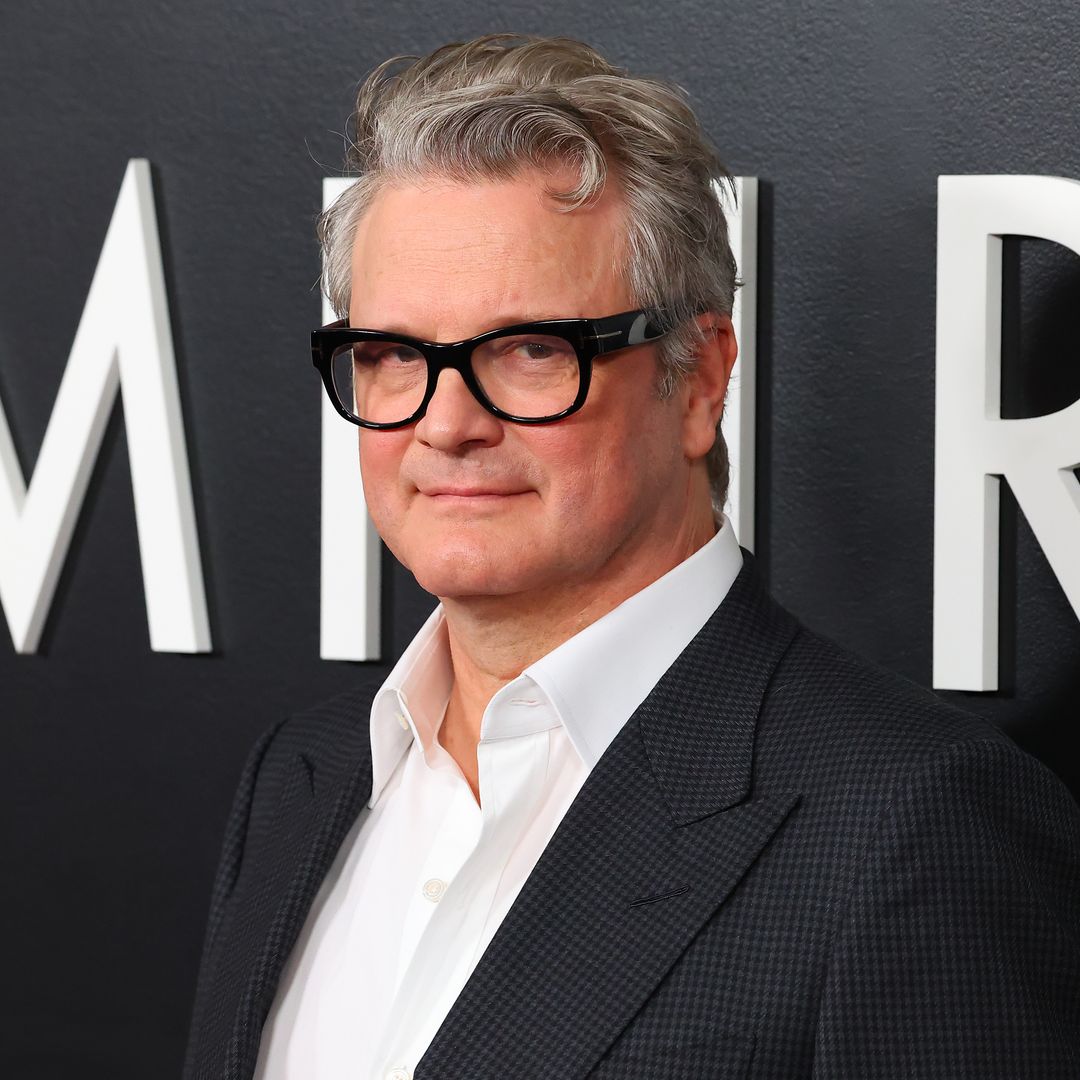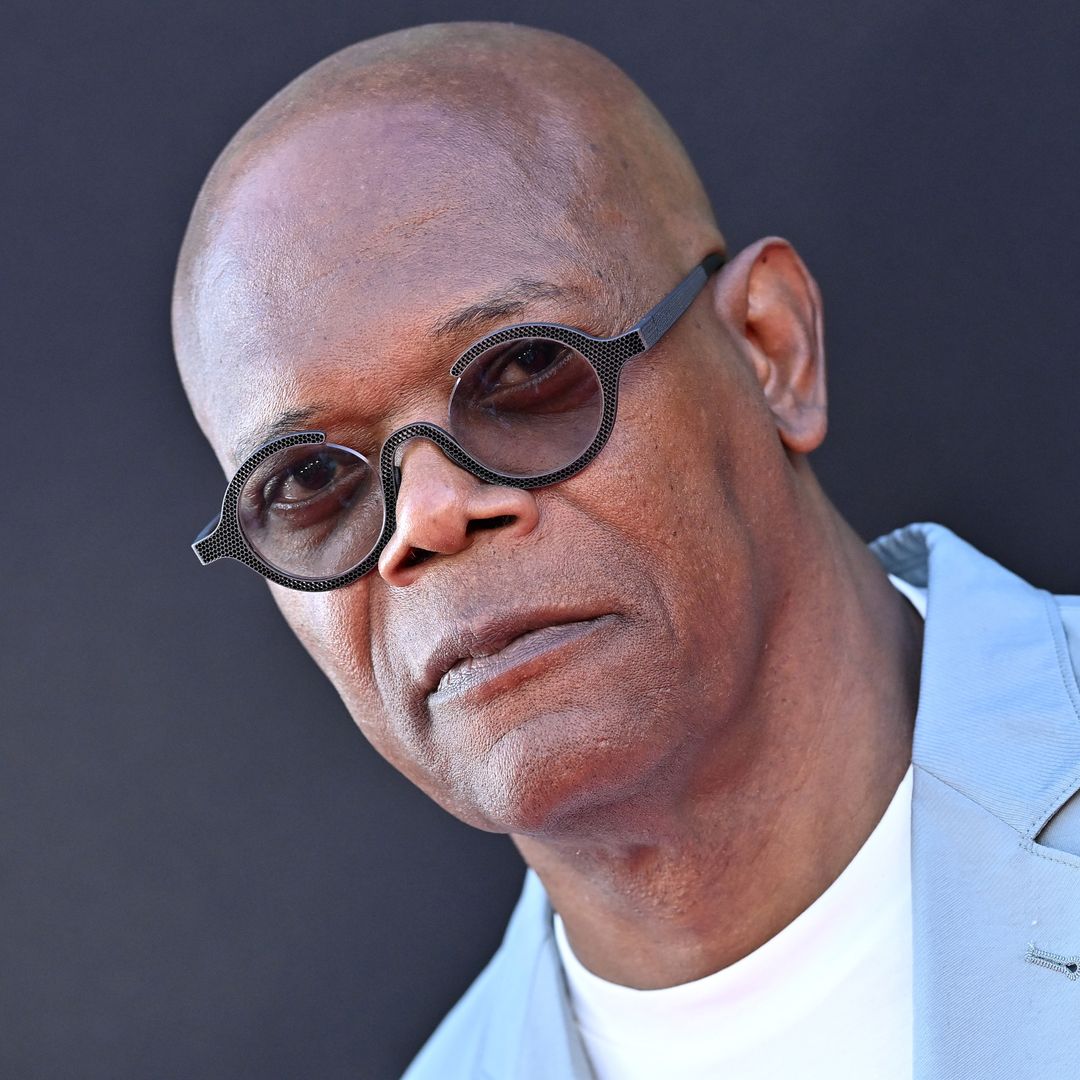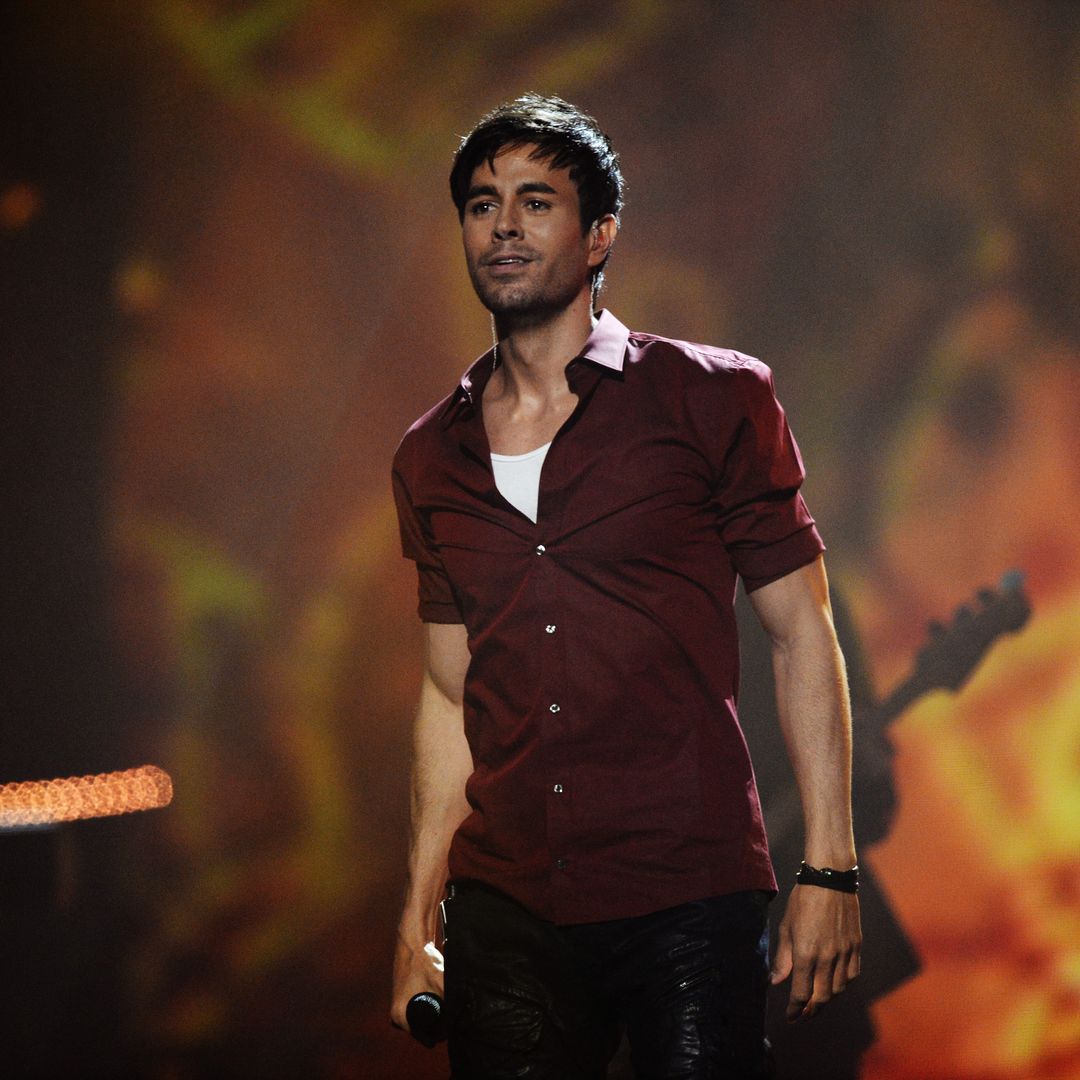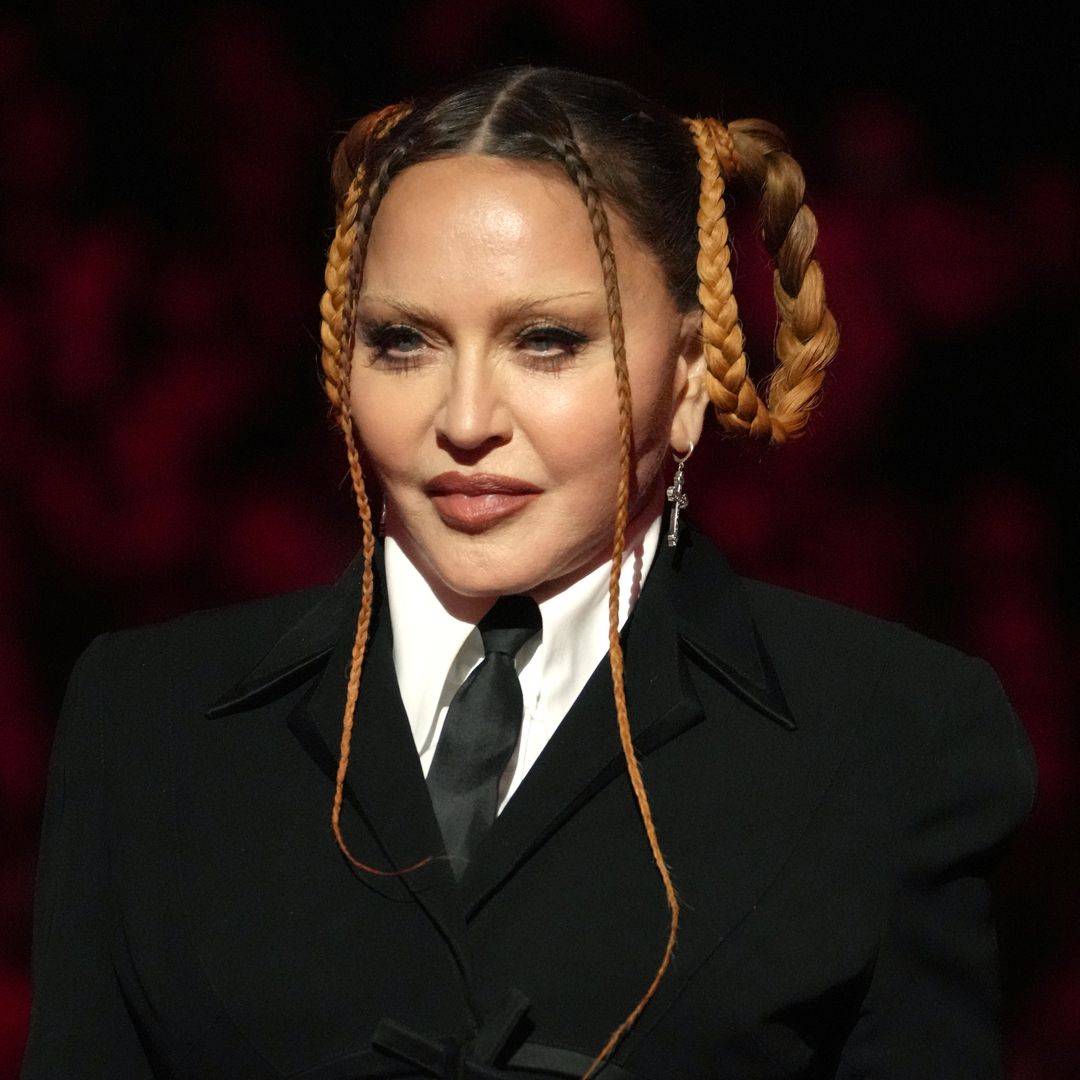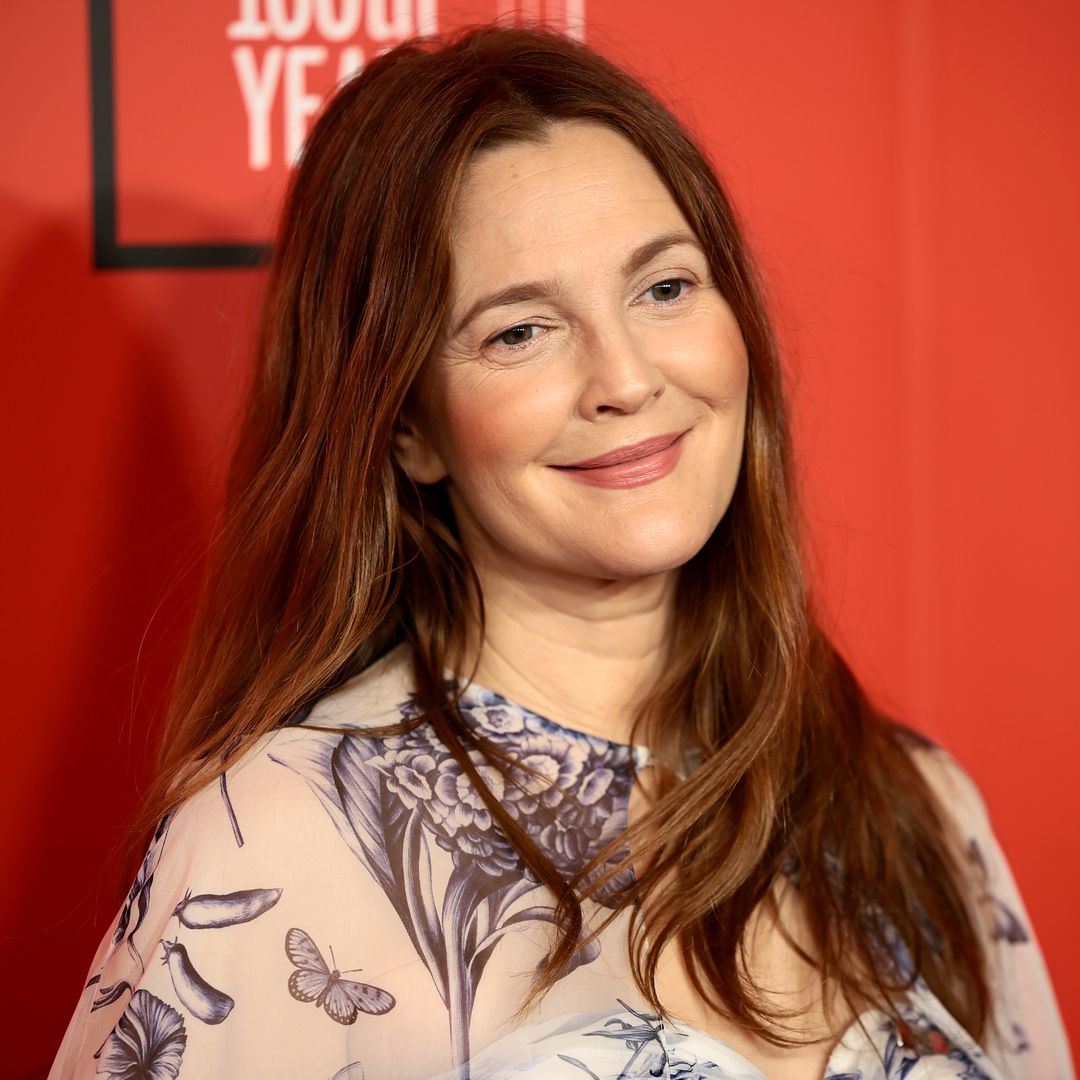Childhood
A statuesque figure with piercing blue eyes and a husky musical voice, Vanessa was destined for the acting profession from the day she was born on January 30, 1937. Her grandparents had been accomplished stage actors, her parents, Sir Michael, and Lady Rachel Kempson, were recognised performers, and both her siblings Corin and Lynn followed her into the profession.
From the cool Sixties London swinger of 1967's Blowup to the lonely eccentric of Howards End (1992), the actress's portrayal of strong-willed characters onscreen has underlined the impact of feminist activism on contemporary culture. After attending Queensgate School in London and then the Central School of Speech and Drama, Vanessa developed her reputation on the English stage during the Fifties and Sixties.
Career
She debuted in London alongside her father in A Touch Of The Sun in 1958; and in the same year made her first film also opposite Sir Michael Behind The Mask. A stint with the Royal Shakespeare Company came next, where she delivered a number of outstanding performances, notably in the 1961 production of As You Like It, a role she would recreate for British television a year later.
Vanessa's first notable film part was as David Warner's wife in the comic drama Morgan: A Suitable Case For Treatment (1966), for which she earned a Best Actress Oscar nomination. The same year she became the epitome of Sixties London cool in the landmark movie Blow Up and as the decade came to a close, took on increasingly challenging roles. Her portrayal of the dancer Isadora Duncan in the 1968 biopic Isadora, where she explored the free-spirited persona's more neurotic aspects and characteristics, garnered her a second Best Actress nomination from the Academy.
In 1971 she was matched well opposite Glenda Jackson's powerful Queen Elizabeth I in Mary, Queen Of Scots, and made a brief appearance in 1974's Murder On The Orient Express. Three years later she was finally rewarded with an Oscar for her supporting role in Julia. In the same year Julia was released Vanessa also funded a documentary entitled The Palestinian in which she backed a Palestinian homeland and, more controversially, danced with a Kalashnikov rifle. Two years later, Vanessa's heart-rending performance as a concentration camp survivor in Playing For Time which brought her an Emmy silenced many of her critics. In the Eighties and Nineties she picked up two more Academy nominations for 1984's The Bosnians and Howards End in 1992.
Vanessa entered her seventh decade with a burst of creative activity. There was an astringent cameo in 1996's Mission Impossible, a rare lead in Mrs Dalloway and a scene-stealing turn in Wilde. Meanwhile, her commitment to political activism through art has remained at the forefront of her work, and she continues to work as the United Nations Children's Fund special representative of the arts. In 2002, the actress returned to the stage in a production of Lady Windermere's Fan opposite her younger daughter Joely Richardson. Vanessa's other daughter, Natasha Richardson, is also a successful actress while her son, Carlo Nero, from her seven-year relationship with Italian actor Francesco Nero is an aspiring movie-maker. "I have to work," says Vanessa of her time-consuming dedication both to art and activism. "Like everybody else I work to live. But we all find our identity through our work. Without work, you have no identity."


